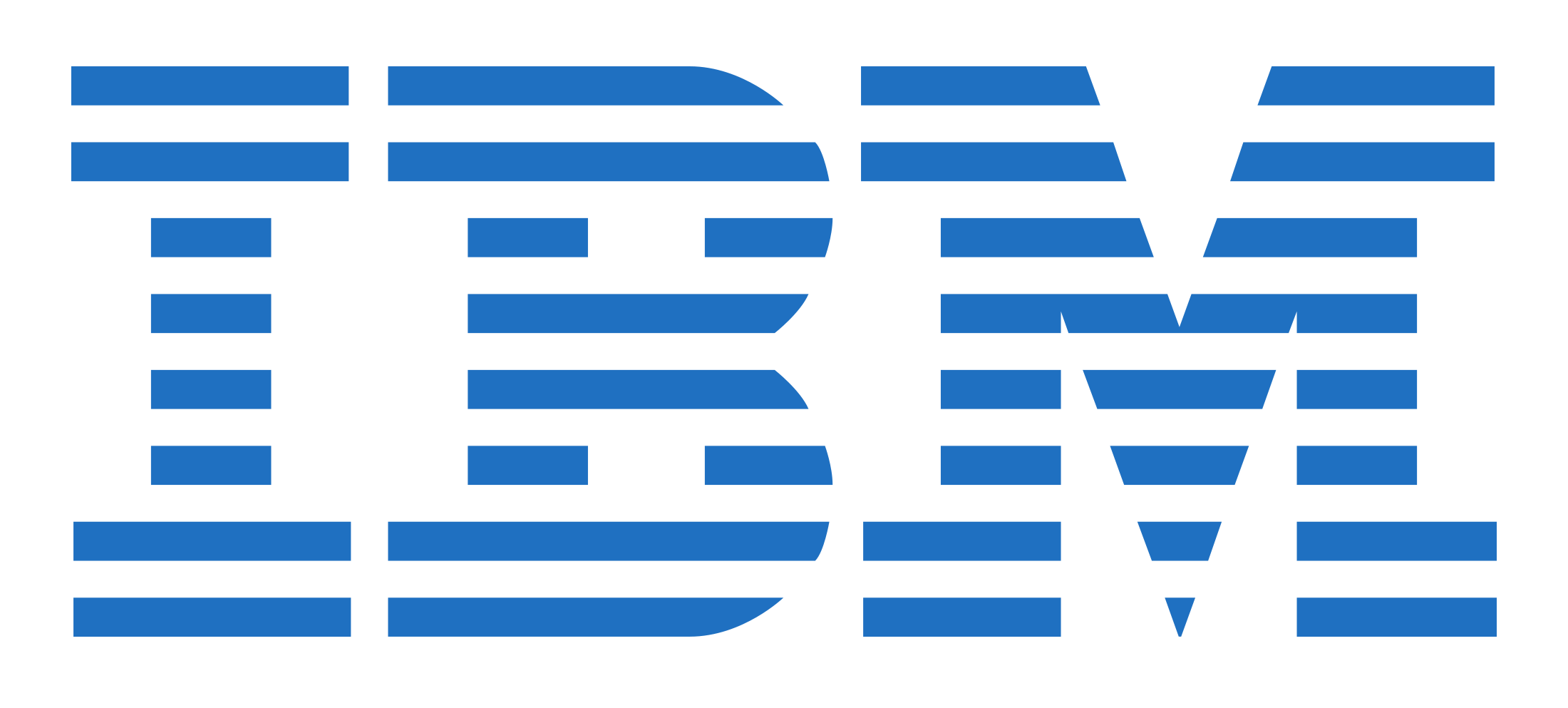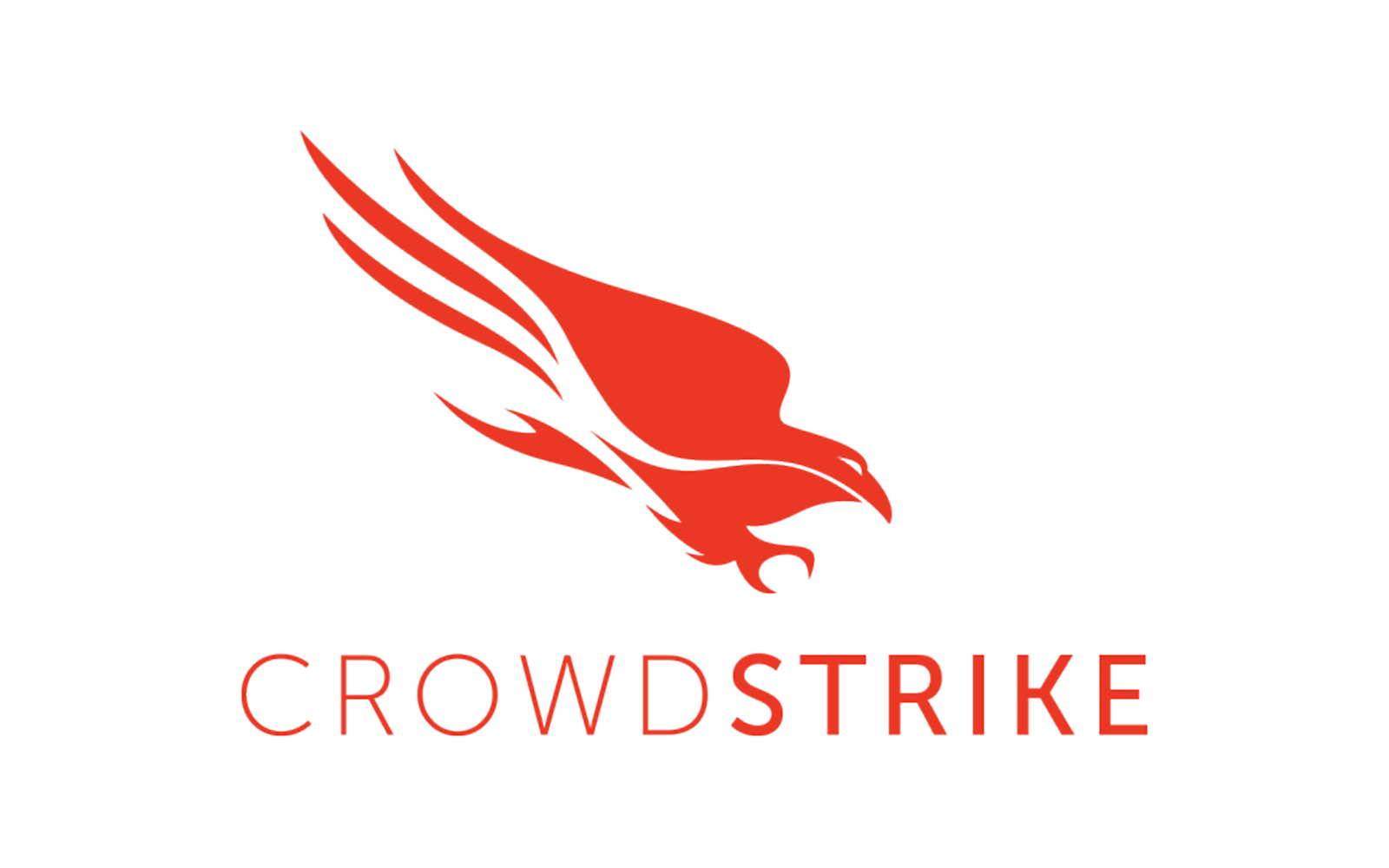
In economic downturns, it is no longer the companies with the best plans that win. It is the companies that can execute. Not eventually. Not in phases. Not after the next board cycle. They win because they are already executing at digital speed, with infrastructure and operating models designed for continuous change.
Too many organizations have spent the last decade building PowerPoint decks about transformation. But when the market shifts, customers pivot, or capital tightens, those plans are not enough. Only companies that have already put the digital foundations in place can adapt, act, and compete in real time.
CFOs must recognize that digital transformation is not a future state. It is a current capability. And in today’s economy, it is the line between growth and decline.
---
Real-Time Companies Win Real Share
Cloud-native companies are not faster because they are lucky. They are faster because they are structured to be. Their applications are built to scale instantly. Their data flows are integrated and current. Their systems can adapt to customer behavior on the same day it changes.
This means they can test a new pricing model and have it live in every region by the end of the week. They can respond to a competitor’s offer with a targeted campaign by Monday. They can reconfigure fulfillment processes or expand into a new region without waiting on hardware, procurement, or IT backlogs.
The result is not just operational efficiency. It is competitive momentum. These firms convert uncertainty into action while traditional companies are still reviewing the last quarterly numbers. That is the difference between surviving a recession and growing through one.
---
Digital Speed Comes From Digital Infrastructure
You cannot execute at speed if your infrastructure is slow. You cannot adapt in real time if your systems are brittle. You cannot respond to customer expectations if your platforms require months of rework to support a change in strategy.
Execution is not a team problem. It is a systems problem. The companies that execute best have built a foundation that supports action. They have moved core workloads to cloud environments that scale as needed. They use platforms that allow deployment in minutes, not months. They rely on automated processes for testing, deployment, scaling, and monitoring.
And most importantly, they have eliminated the drag created by legacy infrastructure. There are no silos to coordinate. No hardware to provision. No internal bottlenecks slowing them down. That is what enables execution. And it is the single most important differentiator in a competitive downturn.
---
Delay is a Decision, and It Has a Cost
In traditional organizations, every change requires consensus. Every initiative needs cross-functional alignment, IT support, security clearance, and often procurement. This is not only slow. It is expensive.
While companies debate the right way to adapt, others are already live. They are capturing market share, learning from the results, and refining their models. They do not wait for certainty. They respond to opportunity.
Delay is not neutral. It is a decision to give ground to faster competitors. And in a tightening economy, ground lost is rarely recovered.
---
Reallocation Beats Reduction
CFOs in cloud-native companies do not start every planning cycle by looking for cuts. They start by looking for leverage. They ask how much of their spend is aligned with growth. How much is stuck in fixed systems or underperforming projects. They do not just reduce cost. They reallocate it.
Cloud makes this possible. It enables financial fluidity. When you no longer have capital trapped in infrastructure, you can move budget from operations to customer engagement. From maintenance to product development. From latency to insight.
This reallocation creates a flywheel. You fund the things that work. You shut off the things that do not. And because cloud costs scale with use, you are never paying for more than what you need. This turns your financial model into a strategic advantage. It lets you run lean without slowing down.
---
Plans Are Not Enough. Capability Is What Wins.
Many companies have digital roadmaps. They have multi-year strategies. They have vendors and consultants and metrics. But these assets only matter if they produce capability that exists today. Not after the next upgrade. Not after the next hire. Today.
If your infrastructure still requires weeks to scale a workload, that is not execution. If your core systems cannot integrate with a new partner or respond to a pricing change immediately, that is not readiness. If your development cycle depends on physical environments and human handoffs, you are not competing at digital speed.
Digital capability is not a plan. It is not a transformation initiative. It is an always-on, always-available state of being. And the companies that have reached that state are dominating the ones that have not.
---
Conclusion: Execution is a Financial Strategy
CFOs can no longer view digital transformation as an IT project or an innovation effort. It is now a matter of financial strategy. Your company’s ability to reallocate spend, adjust operating models, and respond to volatility is directly tied to your infrastructure decisions.
Cloud is not just a better way to run IT. It is the only way to execute at the speed and precision that today’s economy demands. Plans will not save you. Execution will.
And the time to make that shift is not next year. It is right now. Because someone in your market is already executing better than you. The only question is whether they are doing it on your terms or taking your share.
Let us help you build the infrastructure that makes speed possible, and execution inevitable. That is how you win this market. Not with intention. With action.








.png)


-1.png)

-1.png)


.png)